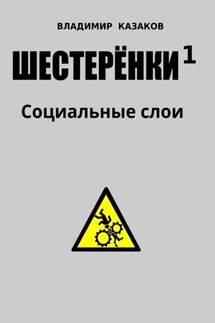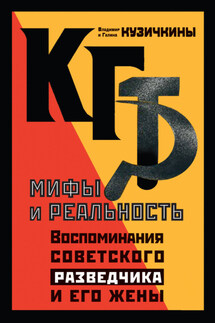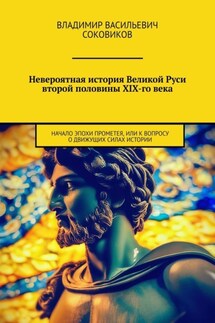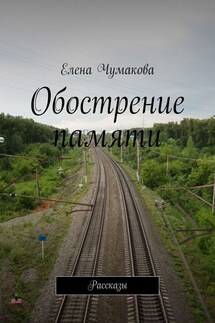Russia 2022 - страница 4
According to a leading sociologist, Talcott Parsons, Western social institutions are based on the institutions of ancient Greece and Rome. This relation has three main “bridges”. First of all, the Western Christian Church kept an idea of formal equality of all people as an example for the whole society – a society where there are no privileges, and everybody is equal in the sight of God, who appreciates them according to their individual qualities. On the other hand, the Western Church was always a unified institution, with the centre in Rome, independent from civil government. Secondly, the organization of Western medieval cities, just as in a modern society, was based on principles other than personal relationship or origin. A medieval city with private property and market became a point of growth for modern economical institutions. Thirdly is the legacy of a Roman-Greek legal structure with professional bureaucracy, an army and uniform law for the whole country.
Russian social and legal institutions emerged from a background very similar to that of the Western Europeans. The Slavonic tribes, predecessors of Russians, seem to have had a social order not essentially different from that of Germanic tribes who settled in the West. The laws of ancient Russia were similar to the Anglo-Saxon or Germanic or Frankish law at this time. Russians as well as West Europeans were converted from paganism to Christianity and despite provincial differences shared the ideas of the Western Church. However, if we view Russian history as a whole and compare it with the history of the West we see that perhaps the most striking difference between the two histories is the relative deficiency of the role of law in the Russian social relations. The historical choice of the Russian society was that the law as an institute of the formal rules and procedures did not supersede completely the informal rules and regulations.
When the Bolsheviks came to power as the result of the Socialist Revolution in 1917 they considered law as the instrument of class exploitation. The People’s Commissariat of Justice enacted in 1919 “Leading Principles of Criminal Law”, which stated: “only with the final smashing of the opposing overthrown bourgeois and middle classes and with the realization of the communist social order will the proletariat annihilate both the state as an organization of coercion, and law as a function of the state.”
Moreover, they saw a legal system as a reflection of the market and expected that the abolition of the market and of economic individualism would bring about “the withering away of law in general, that is the gradual disappearance of the juridical element from human relations” (E. Pashukanis, The General Theory of Law and Marxism (Transaction Publishers, 2001)).
Despite the fact that the Communists soon set aside the idea of the inevitable withering away of law in the Soviet Union, a large part of social relations was outside of the legal regulation. Moreover, many forms of commercial activity were directly outlawed. For example, for private entrepreneurship one could be imprisoned for up to five years with confiscation of all property; for speculation, which was effectively a trading operation, where profit is made on the margin between purchase and selling prices, one could be imprisoned for up to seven years; for transactions with foreign currency, one could have been sentenced for up to eight years. Land, real estate, machinery and other means of production were by far owned by the State. The institute of proprietorship was abolished, and the inheritance was made unjustly complicated.



![Bo][ing Day истребить «колхозника»](/uploads/covers/fe/bo-ing-day-istrebit-kolhoznika.jpg)



